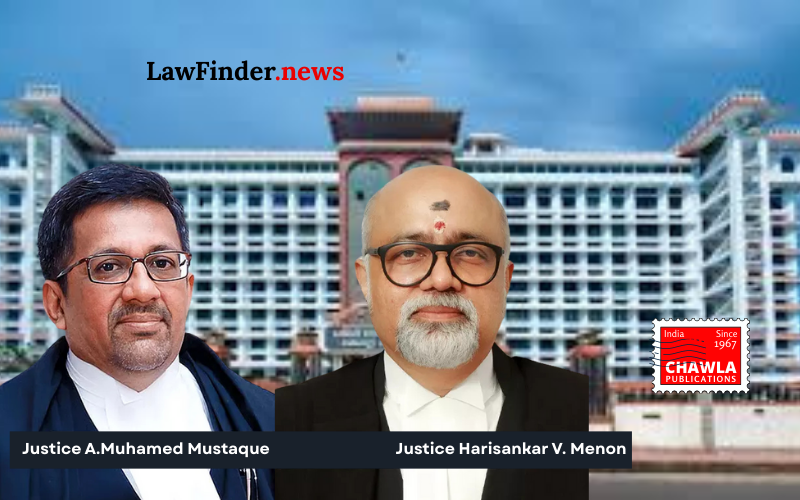Court Dismisses Appeals by Sravan Kumar Neela and Others; Tribunal's Decision on Unexplained Cash Stands
In a significant ruling, the Kerala High Court has upheld the Income Tax Appellate Tribunal's decision to reject additional evidence presented by Sravan Kumar Neela and others in connection with a substantial unexplained cash seizure case. The Division Bench, comprising Justices A. Muhamed Mustaque and Harisankar V. Menon, dismissed the appeals filed by the appellants, affirming the Tribunal's stance on the matter.
The case dates back to July 2016 when excise officials seized Rs. 2,39,57,500/- from three passengers, including Sravan Kumar Neela, during a routine check at Muthanaga Check Post. The individuals were traveling from Hyderabad to Kozhikode, and the cash was taken into custody under the Income Tax Act, 1961. Following the seizure, Sravan Kumar Neela and Uma Maheshwara Rao Chinni declared the amounts as their income from other sources for the financial year 2016-17, leading to a tax demand under Section 69A and Section 115BBE of the Act.
The appellants contested the assessments, filing appeals with the Commissioner of Income Tax (Appeals). However, the additional evidence provided by the appellants, including financial statements and affidavits from friends and relatives, was not accepted, as it would effectively revise the originally filed returns. Subsequent appeals to the Income Tax Appellate Tribunal were also dismissed, with the Tribunal refusing to consider the affidavits as they were deemed an afterthought.
The High Court's judgment focused on the core issue of whether the Tribunal was justified in rejecting the additional evidence. The court observed that under Rule 29 of the Income Tax (Appellate Tribunal) Rules, 1963, additional evidence can only be accepted if the assessee was prevented from presenting it earlier due to reasons attributable to the assessing authority. The court noted that the appellants had failed to present such evidence at the appropriate stages, and the affidavits were introduced belatedly during the Tribunal proceedings.
Justice Harisankar V. Menon, delivering the judgment, emphasized that accepting the affidavits at the appeal stage would lead to a revision of voluntarily filed returns, which is not permissible under the statute. The court also highlighted inconsistencies in the appellants' claims regarding the source of the cash, weakening their case further.
Ultimately, the Kerala High Court found no merit in the appellants' arguments, affirming the Tribunal's decision to reject the additional evidence. The court's ruling reinforces the principle that evidence must be presented at the earliest possible stage, and belated submissions cannot form the basis for altering tax assessments.
The judgment serves as a reminder of the stringent requirements under the Income Tax Act and the importance of timely and consistent evidence presentation in tax-related disputes.
Bottom Line:
Income Tax - Tribunal can accept additional evidence under Rule 29 of Income Tax (Appellate Tribunal) Rules, 1963 only if the assessee was prevented from adducing such evidence by the assessing authority.
Statutory provision(s): Income Tax Act, 1961 Section 69A, Section 115BBE, Income Tax (Appellate Tribunal) Rules, 1963 Rule 29




